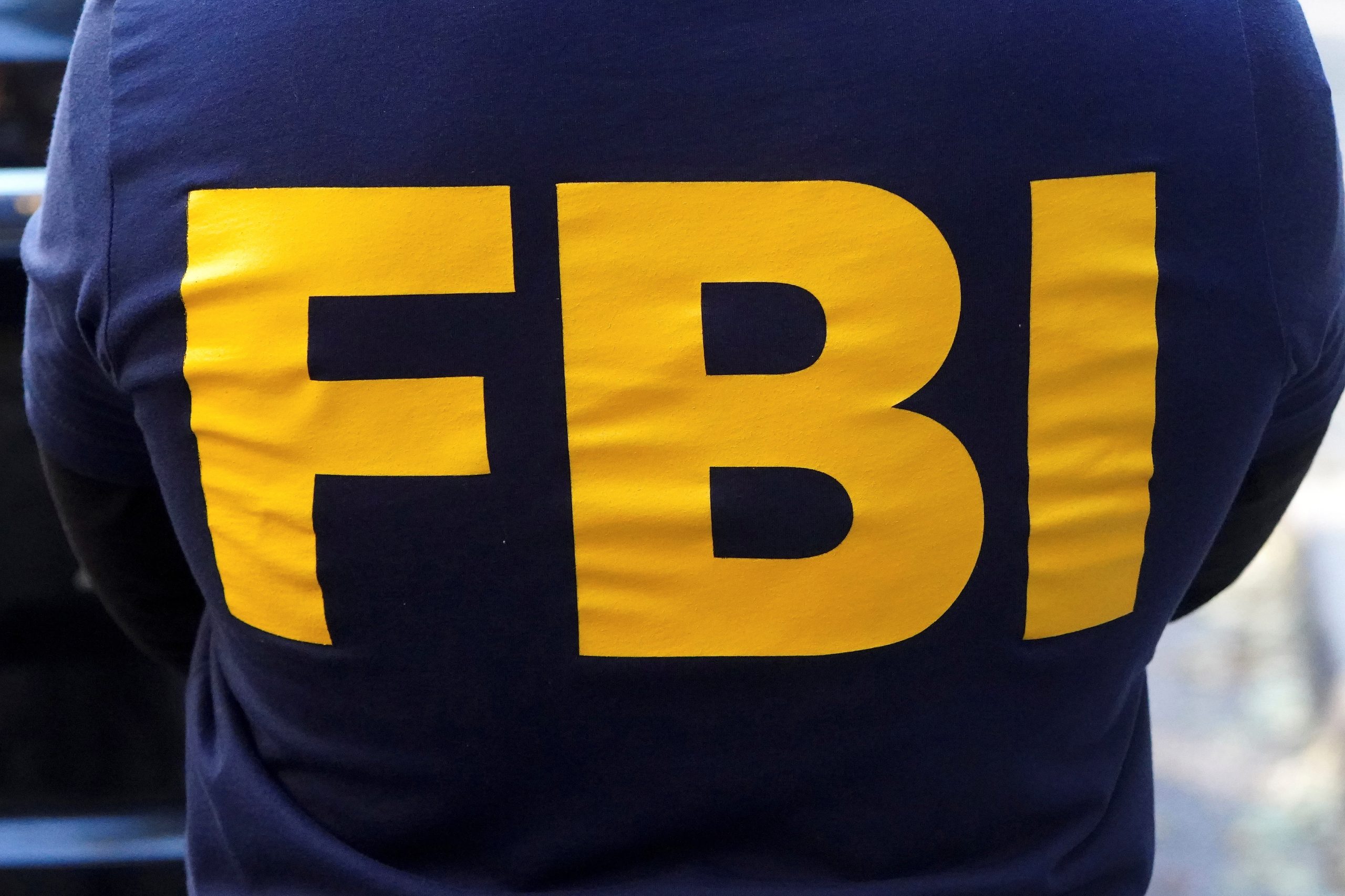
Vicky Arias, FISM News
[elfsight_social_share_buttons id=”1″]
On Tuesday, a jury acquitted Igor Danchenko of lying to the FBI regarding his contributions to the largely discredited Steele Dossier.
Danchenko is the third person charged in Special Counsel John Durham’s investigation into the origins of the FBI probe claiming that former President Donald Trump and his associates colluded with Russia during the 2016 presidential campaign.
At the center of the investigation lies the Steele Dossier, a file of unsubstantiated claims that Trump and certain members of his campaign colluded with Russia to interfere with the 2016 U.S. presidential election on Trump’s behalf.
According to AP News, the dossier was compiled by ex-MI6 operative, Christopher Steele, “a former British spy who was paid by Democrats to research ties between Russia and presidential candidate Donald Trump.” In fact, as reported by Reuters, Steele was hired by the Democratic National Committee and the Hillary Clinton campaign by attorney Michael Sussman “to dig up dirt on Trump.”
Danchenko, a U.S.-based Russian analyst, provided a great deal of the information that Steele compiled in his dossier, which was then used by the FBI to investigate Trump and his administration. Danchenko admitted that he “was responsible for 80% of the raw intelligence in the dossier and half of the accompanying analysis.”
The U.S. Department of Justice filed charges against Danchenko in November 2021, alleging that Danchenko lied to the FBI about the identity of sources he used to gather intelligence. Specifically, the DOJ asserted that Danchenko told the FBI that he never spoke with Hillary Clinton operative Charles Dolan to obtain information about Trump. However, prosecutors produced evidence that Danchenko did, in fact, correspond with Dolan through email regarding the dossier.
Attorneys for Danchenko argued that their client had been truthful in the literal sense that he did not “speak” with Dolan. They asserted that Danchenko answered the FBI honestly in that he did not communicate verbally with Dolan and that prosecutors couldn’t prove that a vocal conversation had occurred between the two men.
In response to the truth of their client’s statements and the phraseology of the question posed to Danchenko by the FBI, Danchenko’s attorney, Stuart Sears, stated that “it was a bad question [but] that’s the special counsel’s problem. Not Mr. Danchenko’s.”
According to the Associated Press, “prosecutors say Danchenko lied when the FBI asked him about how he obtained the information he gave to Steele. Specifically, they say he denied that he relied on a Democratic operative, Charles Dolan, a public relations executive … for Hillary Clinton’s presidential 2016 campaign … the FBI could have better judged the veracity of the Steele dossier had it known that a Democratic operative was the source of much of its information.”
Danchenko claims to have received information in an alleged anonymous phone call from a man he believed to be named Sergei Millian, a previous president of the Russian-American Chamber of Commerce, though the DOJ alleged this was also untrue.
Michael Sussman, the Clinton attorney responsible for hiring Steele, was acquitted in May for allegedly providing a discredited tip to the FBI about “communications between Trump’s business and a Russian bank.”
In January, former FBI attorney Kevin Clinesmith was found guilty of doctoring an email between himself and the CIA. In the email, the CIA confirmed that former Trump advisor, Carter Page, was a source and “operational contact” for the agency, working on behalf of the United States government. Clinesmith altered the email to state that Page was not a CIA employee, making any interaction Page may have had with Russian intelligence officials appear suspicious and nefarious. Clinesmith pleaded guilty and received probation.
The FBI’s investigation into possible ties between President Trump and his associates resulted in a largely discredited probe into the Trump administration. According to former U.S. Attorney General William Barr, the investigation “did not find that the Trump campaign or [any] other Americans colluded [with Russia]. President Trump faced an unprecedented situation. As he entered into office and sought to perform his responsibilities as president, federal agents and prosecutors were scrutinizing his conduct before and after taking office, and the conduct of some of his associates. At the same time, there was relentless speculation in the news media about the President’s personal culpability. Yet, as he said from the beginning, there was, in fact, no collusion.”
